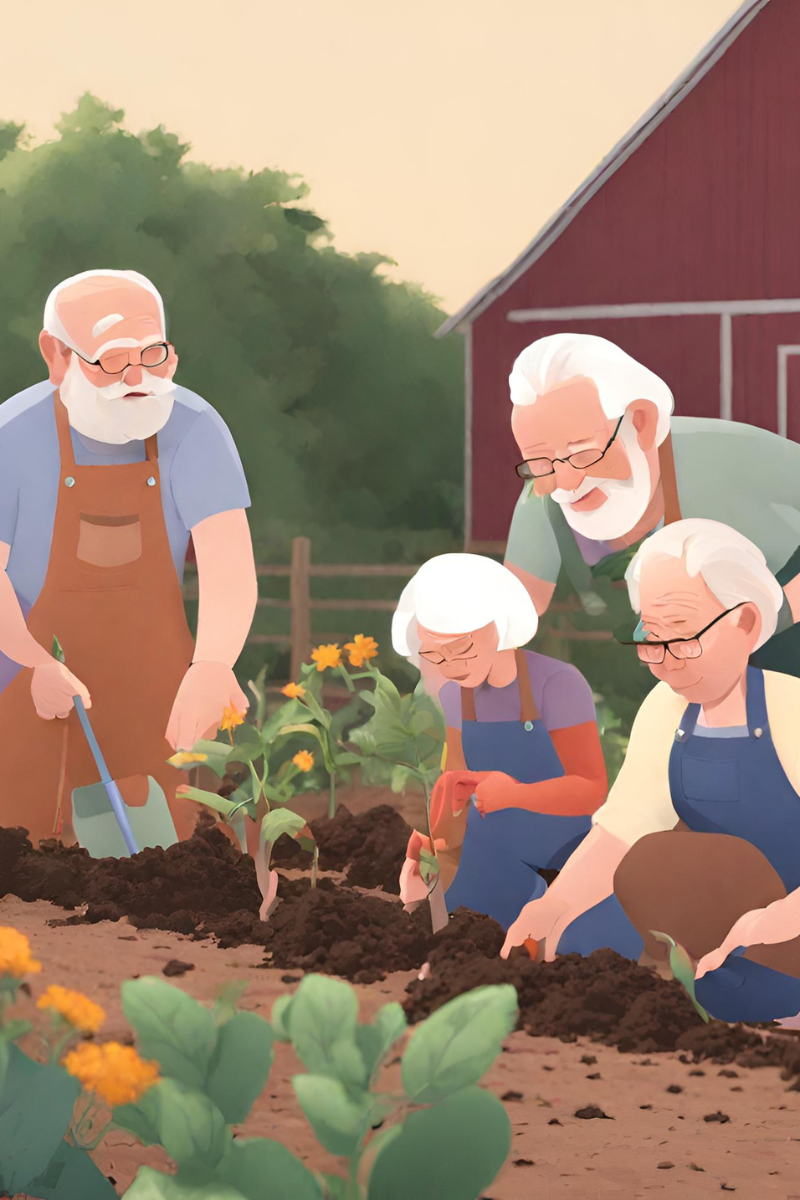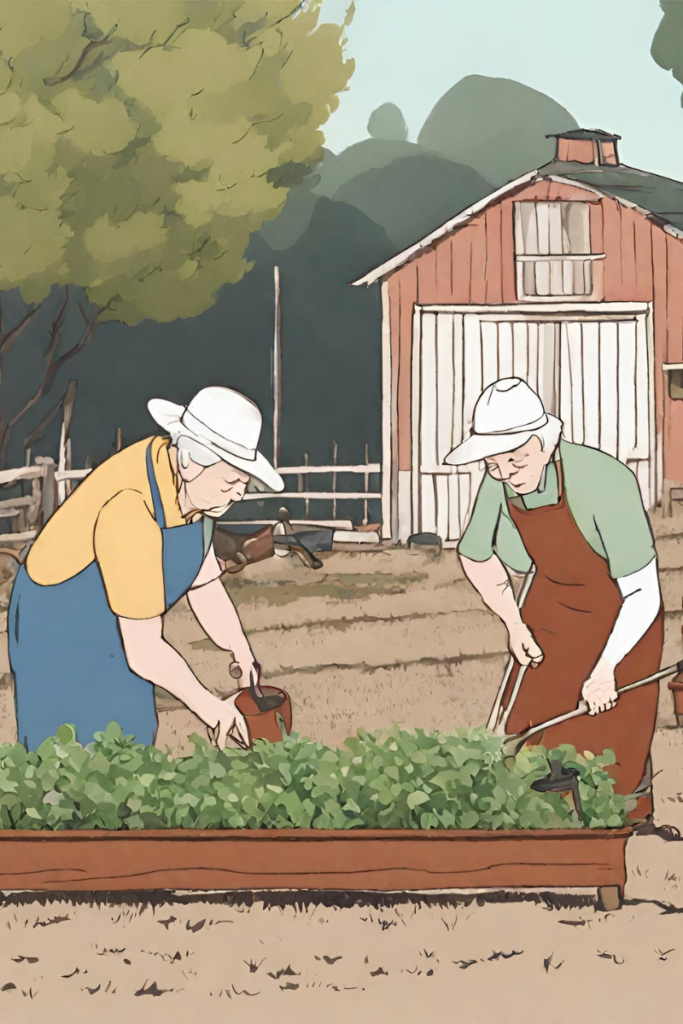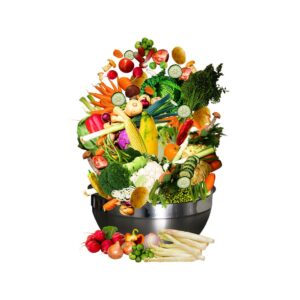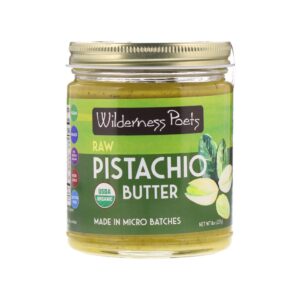
Introduction
Gardening has been shown to have numerous benefits for people of all ages, but it can be especially beneficial for seniors. As we age, it’s important to find activities that keep us active, engaged, and connected with the world around us. Gardening offers all of these things and more. In this article, we will explore the various ways in which gardening can benefit seniors and improve their overall well-being.
Physical Benefits
One of the most obvious benefits of gardening for seniors is the physical activity it provides. Many seniors struggle to find ways to stay active, especially if they have mobility issues or other health concerns. Gardening allows seniors to get outside, move their bodies, and engage in a low-impact form of exercise. This can help improve strength, flexibility, and overall physical fitness.
-
- Gardening can help improve hand strength and dexterity, which is important for everyday tasks.
-
- It can also improve balance and coordination, reducing the risk of falls and other accidents.
-
- Regular physical activity has been linked to a reduced risk of chronic diseases such as heart disease, diabetes, and obesity.
Mental and Emotional Benefits

IIn addition to the physical benefits, gardening can also have a positive impact on seniors’ mental and emotional well-being. Studies have shown that spending time outdoors and working with plants can have a calming and grounding effect on the mind.
-
- Gardening can reduce stress and anxiety, leading to improved mental health.
-
- It can also provide a sense of purpose and accomplishment, which is important for maintaining a positive outlook on life.
-
- Being in nature has been shown to improve mood and overall emotional well-being.
Social Benefits
Gardening can also provide seniors with opportunities for socialization and connection with others. Many communities have gardening clubs or volunteer programs that allow seniors to work alongside others who share their interests. This can help combat feelings of loneliness and isolation that are common among older adults.
-
- Working in a community garden or participating in a gardening group can provide opportunities to form new friendships and strengthen existing ones.
-
- It can also create a sense of belonging and connection to the larger community.
Cognitive Benefits
Engaging in gardening activities can also provide cognitive benefits for seniors. Planning and tending to a garden requires problem-solving skills, creativity, and attention to detail. This mental stimulation can help keep the brain sharp and may even contribute to a reduced risk of cognitive decline.
-
- Gardening requires sensory awareness and can engage all five senses, which can help with cognitive function.
-
- It provides opportunities for learning and can stimulate curiosity and a sense of wonder.
Case Studies and Statistics
Research and case studies have shown the positive impact that gardening can have on seniors. A study published in the Journal of Aging and Health found that gardening was associated with higher levels of life satisfaction and lower levels of depression among older adults. Another study conducted by the University of Florida found that gardening can lead to improved hand strength and pinch force, especially among older women.
What can we learn from the Blue Zones regarding longevity?
n Blue Zones, regions known for their exceptional longevity and overall well-being, gardening plays a crucial role in promoting health and longevity. Cultivating fruits, vegetables, and herbs not only provides access to nutrient-rich foods but also fosters physical activity and connection with nature, contributing to a more active and fulfilling lifestyle. The act of gardening promotes stress reduction, mental well-being, and a sense of purpose, all of which are associated with increased longevity. Additionally, the consumption of fresh, locally grown produce typical of these regions further enhances health outcomes due to its high nutritional content and absence of harmful additives. In Blue Zones, gardening isn’t merely a hobby but a way of life deeply ingrained in the community’s culture, contributing significantly to the remarkable longevity observed in these areas.
Conclusion
In conclusion, gardening can have a profound impact on the physical, mental, social, and cognitive well-being of seniors. By engaging in gardening activities, seniors can improve their overall health and quality of life. This is why it’s important for communities and caregivers to support and encourage older adults to participate in gardening, whether it’s in their own backyard or as part of a community program. The benefits are clear, and the rewards are plentiful for seniors who take up gardening as a hobby.
Contact us if you have a farm that opens the doors to seniors for accomodation, and experiences like gardening.
 Docs
Docs
 Support
Support



















 Home
Home  Whishlist
Whishlist  Cart
Cart 

















